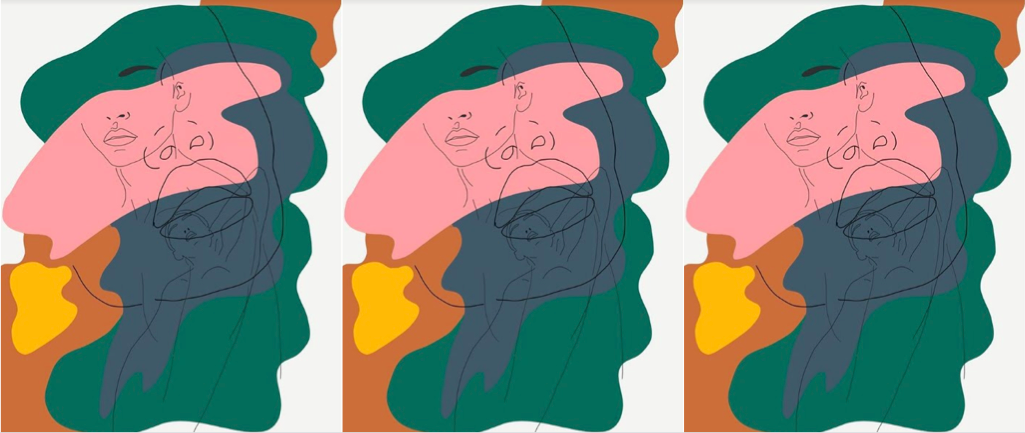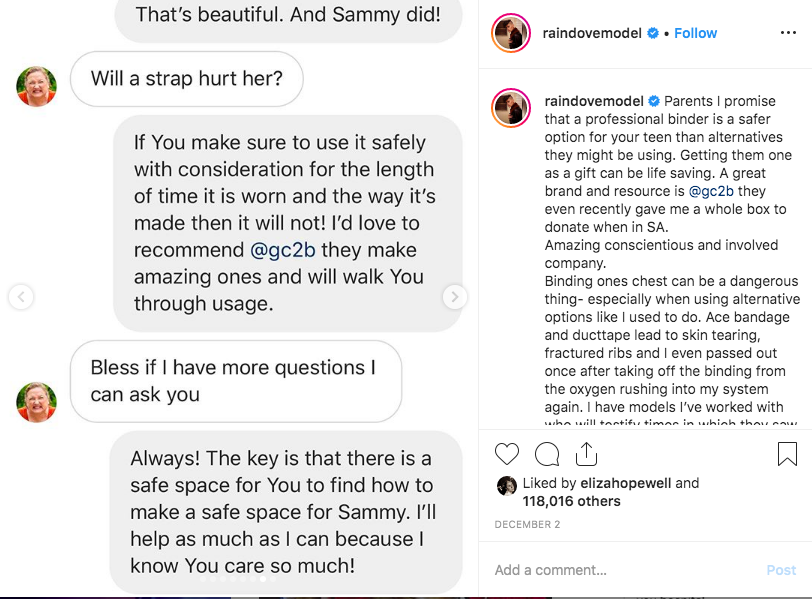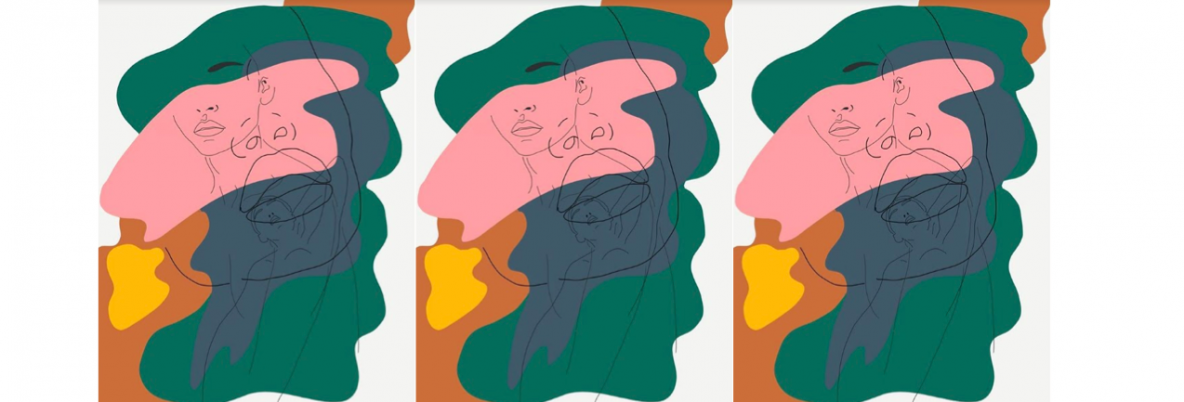BE OPEN TO FLUX
Are our political identities fixed?
By Erin Hope Francis / 17th December 2019

Illustration by Stefanie Berkmann
We live in a society which has constructed a dominant narrative that identity and politics are inextricably bound to one another.
Your identity shapes your politics and your politics shapes your identity. A person’s political stance is often understood as something which is closed and fixed. You are born with it and raised into it by your parents, or you find it as you grow older. Either way, your political principles tend to stick both within your ideas and opinions, and others’ ideas and opinions of you. With this there are rigid assumptions about your very nature and identity. For example, there is an exclusive alliance between the political Left and the care for the marginalised, and the political Right and greed. Though debated and not necessarily true, these assumptions are incredibly difficult to penetrate and change.
I recently attended a Brexit Party rally, something that was required of me for work, but also something that I never thought I would do. My politics are very Left-leaning, and I voted for my right to remain in the European Union in 2016. Throughout my teenage years and now early twenties, I have openly condemned the Conservatives and political Right. I never expected to find myself at a Brexit Party rally – job or no job. I think it is important in this section of the article that I recognise my privilege as white, heterosexual and middle-class, because despite being initially very nervous when in close proximity with staunch Brexit Party voters, I found that I could relax more than I had expected. This is not the case for others and I recognise that, yet I was still confronted with a group of people who supposedly opposed everything I believed in. What came next was a surprise, as I was confronted with empathy for those who had voted to leave the European Union.
This was definitely not based on an individual level as I looked around the room, but a general feeling I picked up on. The leaders of the rally spoke extensively on the claims of stupidity and ignorance that Brexit voters have been subjected to over the past three years by politicians and the mainstream media. As they did, I continued to watch the room as the people in it began to slowly nod, seemingly hurt by the labels that had been attached to them. Ignorant, ill-advised and irrelevant. Racist, prejudiced and xenophobic. To clarify, I am not suggesting that the Brexit Party does not contain members of the above: I am simply highlighting my surprise when I found myself feeling empathy and understanding for a cohort of people I had previously demonised. The people in the room were frustrated and I felt their frustration for the first time.
What this revealed was a great need to be exposed to others of varying and opposing opinion. It also revealed to me that my opinions were in a constant state of flux: they were not as fixed as I had proudly thought them to be. Though the experience definitely didn’t change my own politics, it shed light on the politics of others and in turn provided a form of validity to their argument. These are people, I thought, who, like me, care about the welfare of their family, their community, and of this country. This seems banal, but I appreciate that with such different ideas of what those things entail existing between me and the others in the room, it is difficult to recognise. Just as we don’t understand their politics, they don’t understand ours. Entire cohorts of people are demonised through our fixed relationship between identity and politics: the Left are demonised for being frivolous with money and militant in their approach to recruit members, and the Right are associated with a closed-fist approach and bigotry. If we are to progress we need to be exposed to contrasting opinion. We need to remember that no one holds the monopoly on what is right.
Our politics are both based on utopian fantasy and fear.
The fear we experience is universal but varies according to political stance. Through opening up a conversation and educating each other on each other’s fears, we can begin to get to the root of the origins of fear. I recently came across a wonderful example of how listening and engaging with the contrasting concerns of someone else can produce an incredibly positive outcome. Rain Dove, an American model, actor and activist, recently uploaded a series of screenshots depicting a conversation they had with a concerned mother on Instagram. The conversation began as the mother accused Rain Dove of influencing her child to identify as male despite being born female. The woman’s child had asked her for a chest binder for Christmas, a tool used to flatten the chest in order to give the appearance of a male chest.
Rain Dove, through careful consideration of language and approach, managed to calm the exasperated mother, who eventually admitted that she just wanted her child to be happy. She expressed fears that the binder might hurt her child and Rain Dove was there to support and explain the benefits of a binder. This simple and small interaction between two people of seemingly opposing politics highlights that it is so much more productive to listen to the fears and concerns of others and respond to them, rather than immediately condemn them. Rain Dove’s approach meant that everyone involved in the scenario was suddenly in much safer environment – the mother was informed and eased; the child was more likely to have their wishes respected, and Rain Dove was no longer subject to attack.


Politicians’ approaches to one another don’t set a good example; in fact, I would argue that they fail us. When watching clips or videos of debates in parliament, the jeering and heckling that occurs always strikes me as incredibly backward and unprofessional. The intervening, raging voice of another takes away from what the designated speaker is saying, demonstrating a behaviour which supports the disregarding of someone else’s opinion. From an early age, children are taught in schools to respect and listen to others’ opinions: why are we allowing pompous traditions and digression to occur amongst those who are elected to run our country? Please don’t feel you have to change your politics in any sense, but also don’t be opposed to listening to others.
Be open to flux!
Art by
Words by
Share this article

